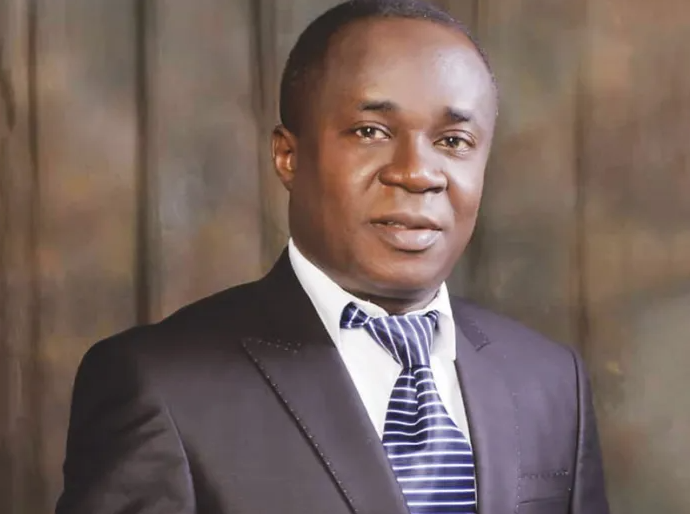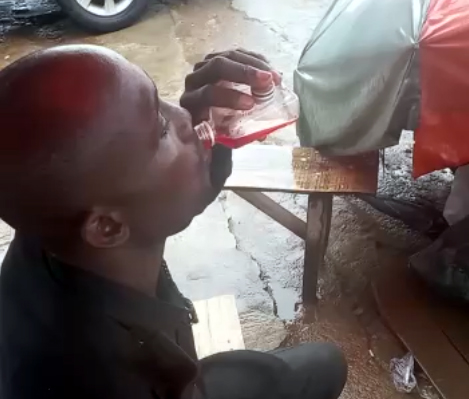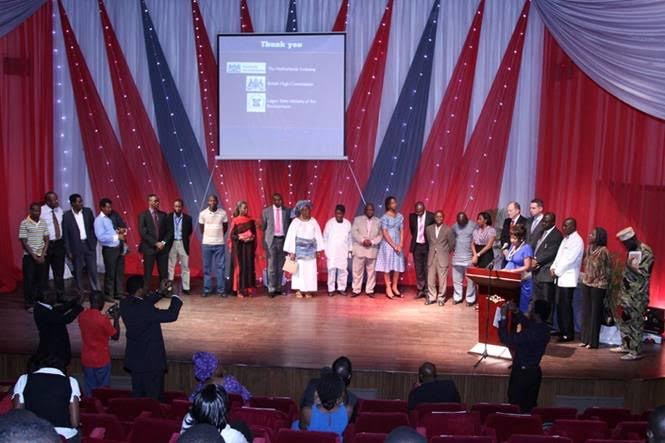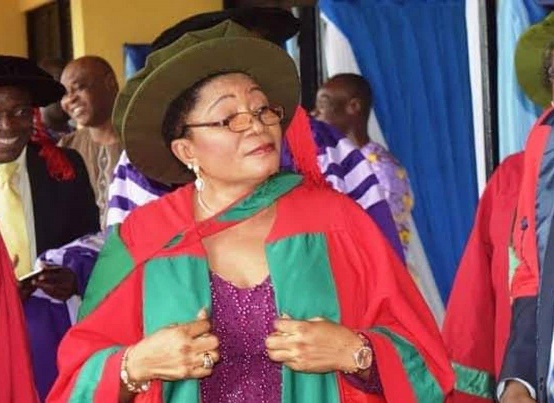Uche Uwaleke, a professor and financial expert, says the devaluation of the naira will worsen poverty and unemployment in Nigeria.
Uwaleke made the comment in reaction to Vice President Yemi Osinbajo’s call on the Central Bank of Nigeria (CBN) to allow the naira reflect the realities of the market.
On Monday, at the midterm review of President Muhammadu Buhari’s second term in office, Osinbajo said the exchange rate is artificially low and deterring investors from bringing foreign exchange into the country.
At the official market, the naira is changing at N411 to $1 and N570/$1 at the parallel market.
Advertisement
Many believe the parallel market rate is a reflection of its true value.
“As for the exchange rate, I think we need to move our rates to [be] as reflective of the market as possible. This, in my own respective view, is the only way to improve supply,” Osinbajo said.
“We can’t get new dollars into the system, where the exchange rate is artificially low. And everyone knows by how much our reserves can grow. I’m convinced that the demand management strategy currently being adopted by the CBN needs a rethink, and that is just my view.”
Advertisement
But Uwaleke, in a statement, said the implications of devaluing the naira now were quite scary.
“The first casualty will be the 2022 Appropriation Bill. It means the 2022 budget, which is predicated on N410.15 per dollar is dead on arrival,” he said.
“The Vice President obviously means well. But this statement is capable of triggering panic buying and speculation in the forex market (official and parallel) and further complicating things for the CBN.
“No doubt, devaluation will force down the volume of imports and reduce the pressure in the forex market temporarily. But have we thought of the impact it would have on pump price of fuel and the multiplier effects?
Advertisement
“How about the knock-on with regard to inflation and interest rates especially at a time when inflation rate remains elevated? Is high inflation rate not inimical to investments whether local or foreign?”
He said the argument that naira devaluation would incentivise foreign investors remained to be seen as other factors such as insecurity equally play a part.
The naira, he noted, had suffered several devaluations in the recent past.
“It has neither solved the fundamental problem of helping to diversify the export base nor curbed unbridled imports. Doing so yet again will not change anything. Rather, it’s a recipe for high poverty and unemployment levels,” Uwaleke said.
Advertisement
“Again, suggesting that the CBN should discontinue its forex demand management strategy to the effect that certain items are excluded from accessing the official window has grave implications for exchange rate and the economy. If anything, it negates the import substitution drive of the present administration.
“The good news is that the CBN has sufficient external reserves to meet genuine demands for forex at the Investors and exporters window. This much we have been told. The CBN should continue to manage it while joining hands with the fiscal authorities to create multiple sources of forex beyond oil.”
Advertisement
Add a comment






